Should I Lease or Finance My New Car in Plattsburgh? Insights for Budget-Smart Shoppers at Huttig CDJR
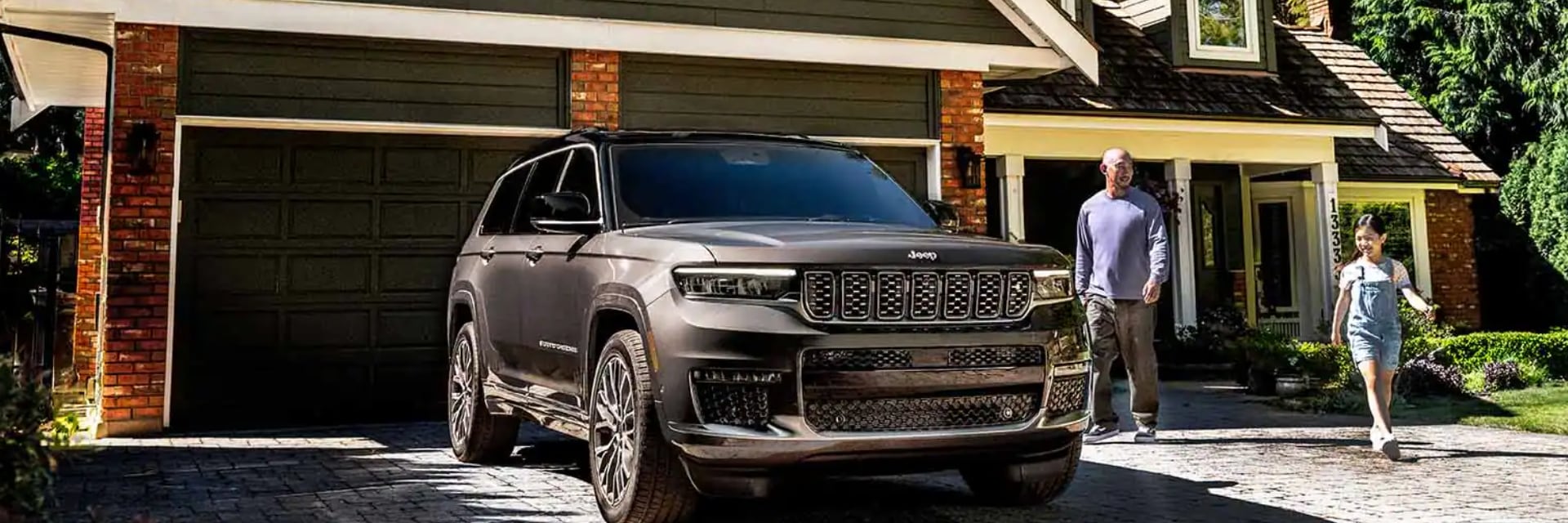
When searching for the perfect luxury SUV or truck in Plattsburgh, Huttig CDJR understands that making the right financial decision is essential. Whether you're earning $30,000 a year or $80,000, you want to ensure that you're getting the best deal possible. With vehicles from Jeep, RAM, Dodge, and Chrysler, you have options to either lease or finance your new car. Let’s explore both options to help you decide which is best for your budget and lifestyle.
Leasing vs. Financing: What’s the Difference?
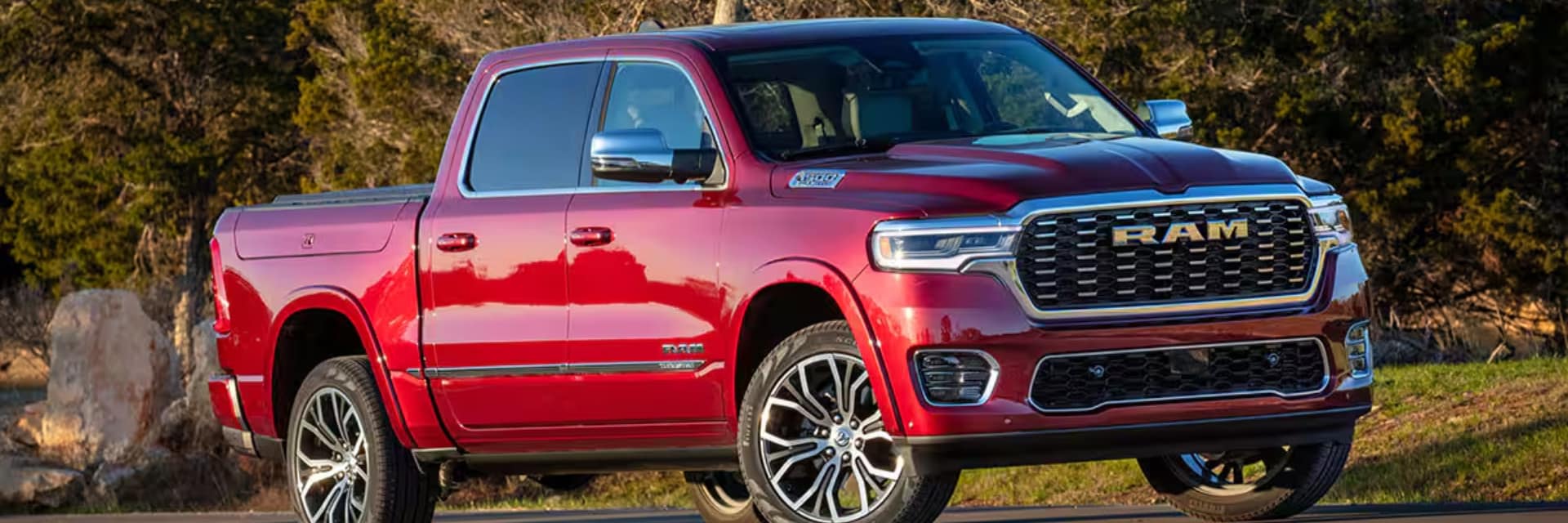 Leasing and financing both come with unique benefits and limitations. To make the right decision, it's important to understand how each works, especially when you're budgeting for a vehicle purchase.
Leasing and financing both come with unique benefits and limitations. To make the right decision, it's important to understand how each works, especially when you're budgeting for a vehicle purchase.
- Leasing means you’re essentially renting the vehicle for a set period (usually 2-3 years). At the end of the lease, you return the vehicle, and you have the option to lease another car or walk away.
- Financing means you are borrowing money to buy the vehicle. Once the loan is paid off, you own the car outright and can keep it for as long as you want.
Each option has advantages depending on your financial situation. For example, leasing often requires lower monthly payments, while financing gives you ownership in the long run.
Should I Lease or Finance Based on Income?
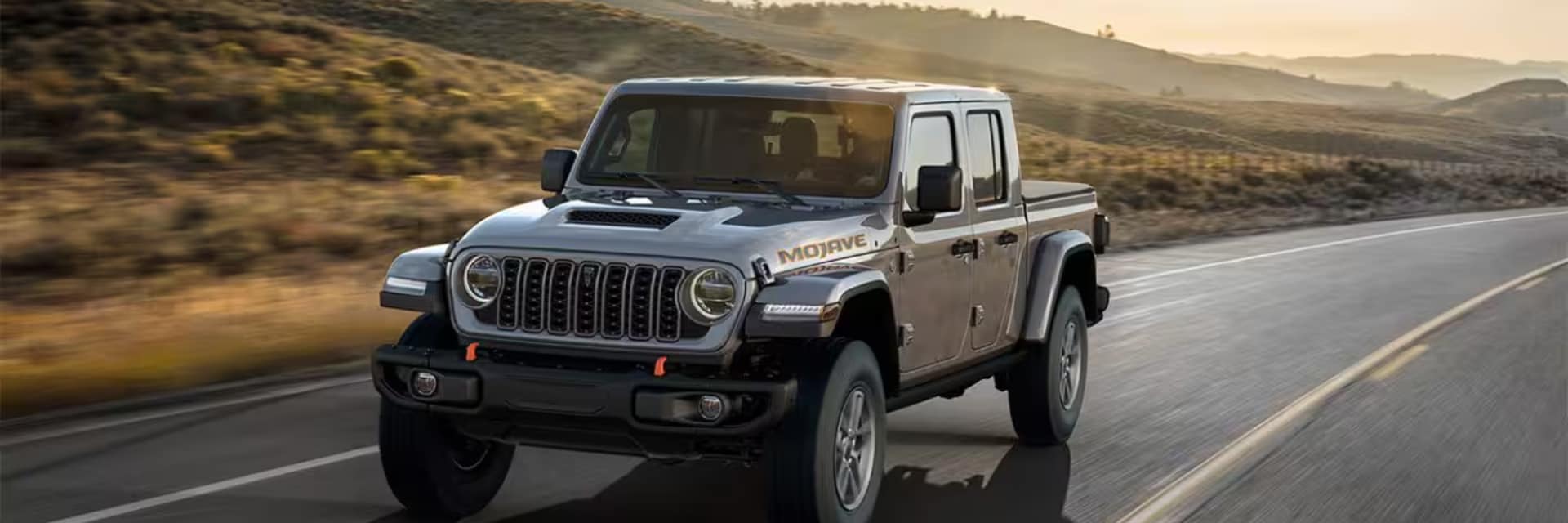
Choosing whether to lease or finance your new vehicle depends not only on your personal preferences but also on your income level. Understanding the typical preferences for people within different income ranges can help guide your decision. Here’s a breakdown of which option is more common for individuals earning between $35,000 and $80,000 annually:
| Income Range | Leasing vs. Financing Preference |
|---|---|
| $35,000 - $45,000 | Leasing is more common due to lower monthly payments and more affordable vehicle options. |
| $45,000 - $55,000 | Leasing remains a popular choice for those seeking lower upfront costs, but financing is also common as individuals begin to save for long-term ownership. |
| $55,000 - $65,000 | Both leasing and financing are popular, depending on whether the buyer prefers a new car every few years or desires long-term ownership. |
| $65,000 - $75,000 | Financing becomes more common as individuals have more disposable income and prefer to own their vehicle long-term. |
| $75,000 - $80,000 | Financing is often preferred due to the ability to handle higher monthly payments, and the desire for long-term ownership is stronger at this income level. |
Should I Lease or Finance Based on Commute?
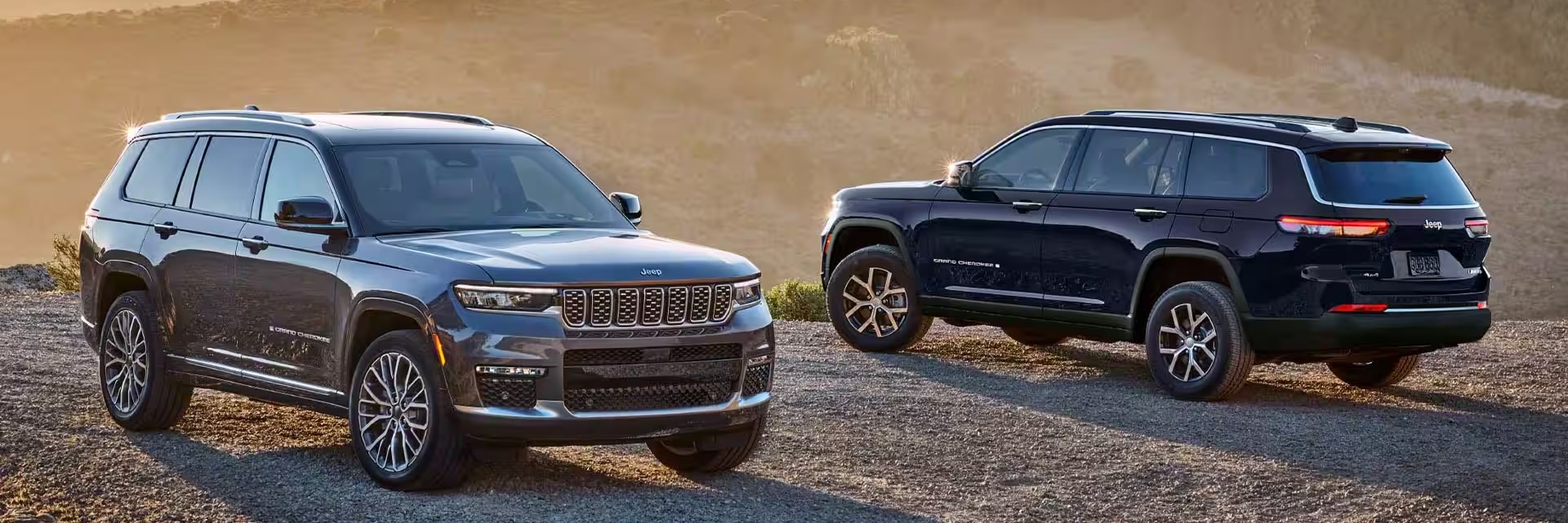 Your daily commute plays a key role in deciding whether leasing or financing is more suitable for your situation. The amount of driving you do each month impacts the total cost of ownership, particularly with leases, which often come with mileage restrictions. Here’s a breakdown of which option is more common for individuals commuting 100 miles, 250 miles, 500 miles, 1,000 miles, 2,500 miles, or 4,000 miles per month:
Your daily commute plays a key role in deciding whether leasing or financing is more suitable for your situation. The amount of driving you do each month impacts the total cost of ownership, particularly with leases, which often come with mileage restrictions. Here’s a breakdown of which option is more common for individuals commuting 100 miles, 250 miles, 500 miles, 1,000 miles, 2,500 miles, or 4,000 miles per month:
| Commute Distance | Leasing vs. Financing Preference |
|---|---|
| 100 miles per month (1,200 miles per year) | Leasing is the best option. With a limited commute, you are less likely to exceed the typical mileage limits of 12,000 miles per year, making leasing affordable and attractive. You can enjoy a new car every few years with lower monthly payments. |
| 250 miles per month (3,000 miles per year) | Leasing remains the better option for those with a moderate commute, but you may need to negotiate a higher mileage limit or pay for extra miles at the end of the lease. Financing might be better if you prefer flexibility. |
| 1,000 miles per month (12,000 miles per year) | Leasing could be an option with a special high-mileage lease agreement. However, for frequent driving, financing might be a better choice since you won’t have to worry about exceeding mileage limits. |
| 2,500 miles per month (30,000 miles per year) | Financing is the better option for high-mileage drivers. Leasing would require an expensive high-mileage lease, which could be cost-prohibitive in the long run. Financing offers more flexibility for this level of driving. |
| 4,000 miles per month (48,000 miles per year) | Financing is the most sensible choice for drivers with such a high mileage. Leasing would lead to excessive fees, while financing offers long-term value and allows for unlimited miles after the car is paid off. |
Compare the Lease vs. Finance for Budget-Smart Shoppers
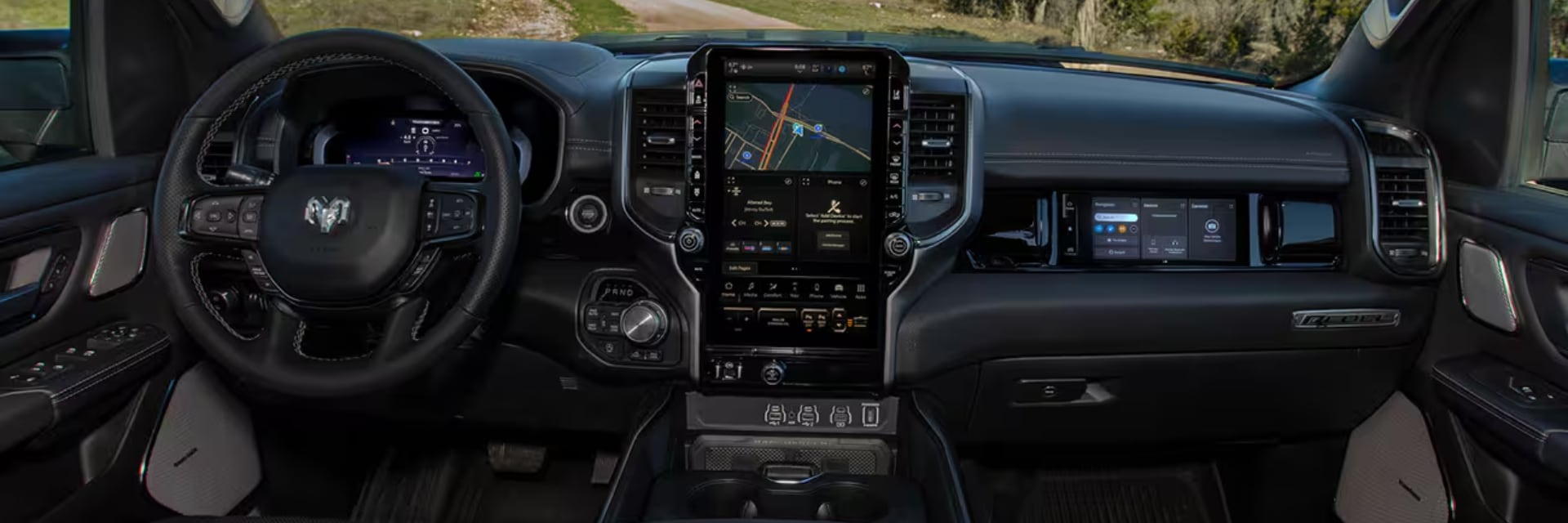
- Monthly Payments: Leasing typically offers lower monthly payments compared to financing, making it a better option for those with limited monthly income or a tighter budget. You could drive a Jeep Cherokee or a RAM 1500 for less per month than if you were financing.
- Ownership: If owning the vehicle is important to you, financing may be the better choice. With financing, you will eventually own the car, which can be a good long-term investment. A Chrysler Pacifica or Dodge Charger could be yours outright after the loan term.
- Mileage Needs: If you drive long distances frequently for work or personal reasons, leasing might not be the best option. Most leases have mileage limits, and exceeding them can result in expensive penalties. However, if you drive fewer miles, leasing can be a good fit for someone who prefers driving a new vehicle every few years.
- Maintenance and Repairs: Leasing often means your car will be under warranty for the entire lease term, which can save you money on unexpected repairs. With financing, especially as the car ages, you might be responsible for more maintenance costs.
Which Option is Best for Your Lifestyle?
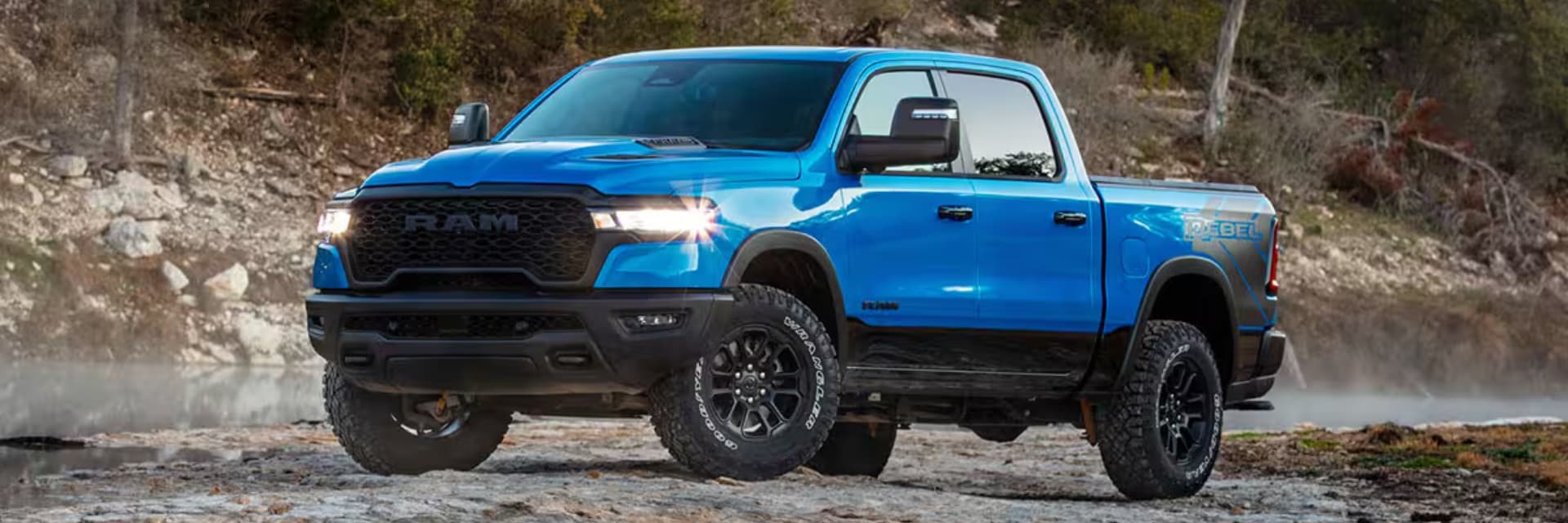
The answer really depends on your financial situation, lifestyle, and future plans. Let’s break down which option may work best for you:
| Leasing | Financing |
|---|---|
| Best for Lower Monthly Payments: Leasing allows you to drive a RAM 1500, Dodge Durango, or Jeep Grand Cherokee for a lower monthly payment, making it a good option if you want a new vehicle but are working within a tighter budget. |
Ideal for Those Who Want Long-Term Ownership: If you’re planning to keep your car for many years, financing may be your best option. After your loan is paid off, you can continue driving your Chrysler Voyager or Jeep Wrangler without worrying about monthly payments. |
| For Those Who Like New Cars Every Few Years: Leasing gives you the chance to drive a new vehicle every couple of years without the hassle of selling or trading in the car. | Good for High-Mileage Drivers: If you plan to put a lot of miles on your vehicle, financing may be better, as leases usually have mileage limits that could lead to penalties. |
| Good for Limited Mileage Drivers: If you drive fewer than 12,000 miles a year, leasing can make sense financially, and you get to enjoy a brand-new vehicle at the end of the lease. |
Long-Term Investment: â If you want to eventually own the car and are ready for a larger monthly payment, financing could be the right choice. Once you pay off the loan, the car is yours to keep. |
Things to Consider Before Deciding
Leasing Might Be Right For You If:
- You want lower monthly payments.
- You like driving new cars every few years.
- You have a set budget and prefer predictability in your payments.
Financing Might Be Right For You If:
- You plan to keep the vehicle long-term.
- You drive a lot of miles each year.
- You’re looking for long-term value and eventual ownership.
Find Your New Jeep, RAM, Dodge, or Chrysler at Huttig CDJR in Plattsburgh

Whether you choose to lease or finance your next vehicle, Huttig CDJR is here to help. We offer a variety of 2025 models, including Jeep Cherokees, RAM 1500s, Dodge Durangos, and Chrysler Pacificas, all at affordable prices and tailored financing or leasing options to fit your budget.
Our team will walk you through your options and ensure you make the best decision for your financial situation, whether you're a first-time car buyer or an experienced vehicle owner.
FAQ: Leasing vs. Financing Your New Car
What’s the main difference between leasing and financing?
Leasing allows you to drive a car for a set period with lower monthly payments, but you don’t own the car. Financing means you are borrowing money to purchase the car and will own it once the loan is paid off.
Is leasing cheaper than financing?
Yes, leasing usually comes with lower monthly payments compared to financing, making it a more affordable option for those on a budget.
Can I buy the car at the end of a lease?
Yes, most leases have an option to buy the car at the end of the lease term, but it depends on your lease agreement.
What happens if I drive more than the mileage limit on a lease?
Exceeding the mileage limit can result in additional fees at the end of the lease term, so if you expect to drive a lot, financing might be a better option.
Can I get a low monthly payment with financing?
While financing typically has higher monthly payments than leasing, there are still many financing options available with Huttig CDJR that can help you manage your budget. A larger down payment can help reduce the monthly payment.
Shop New Vehicles | Shop New Specials | Service Center | Finance Center | Trade in Value | Shop Used Vehicles | Shop Used Trucks | Shop Used SUVs | New Commercial Vans | Shop New RAM 1500 | Shop New Gladiator | Shop Jeep Wrangler | Shop Used Ram 3500 | Shop New RAM 2500 | Shop New Wagoneer | Shop New Ram ProMaster | Shop New Chrysler Pacifica | Shop Used Ram 1500 | Shop Used Jeep Wrangler | Trade In Form
Car Financing Near:
Burlington, VT | Peru, NY | Colchester, VT | Ticonderoga, NY | Montpelier, VT | Malone, NY | Tupper Lake, NY | Lake Placid, NY | Saranac Lake, NY
Blogs:
2025 RAM 1500 | Best Jeep Wrangler Trims | 2025 Jeep Compass | Jeep SUV Guide | CPO vs Used |